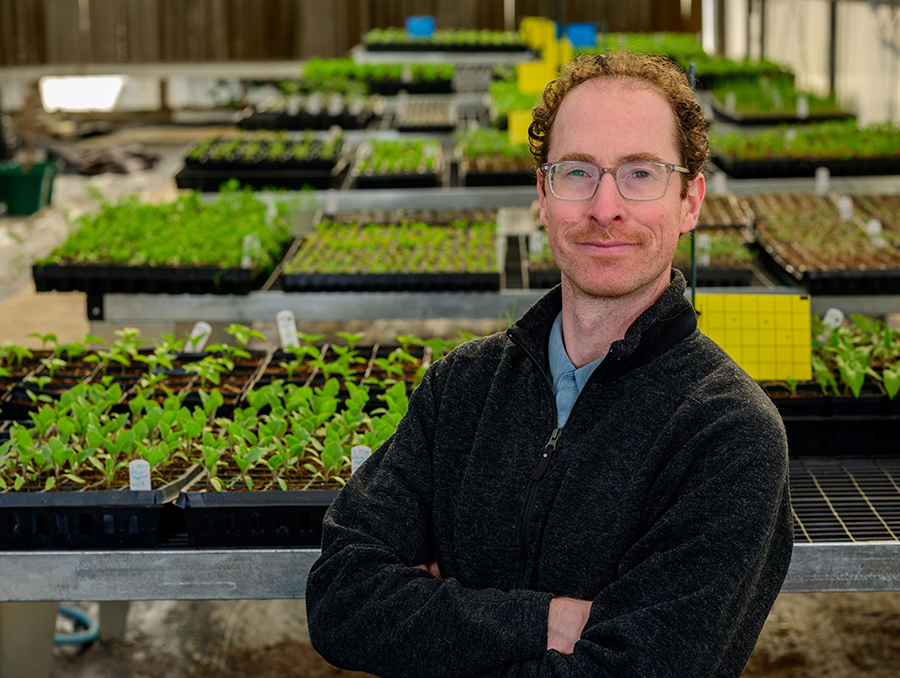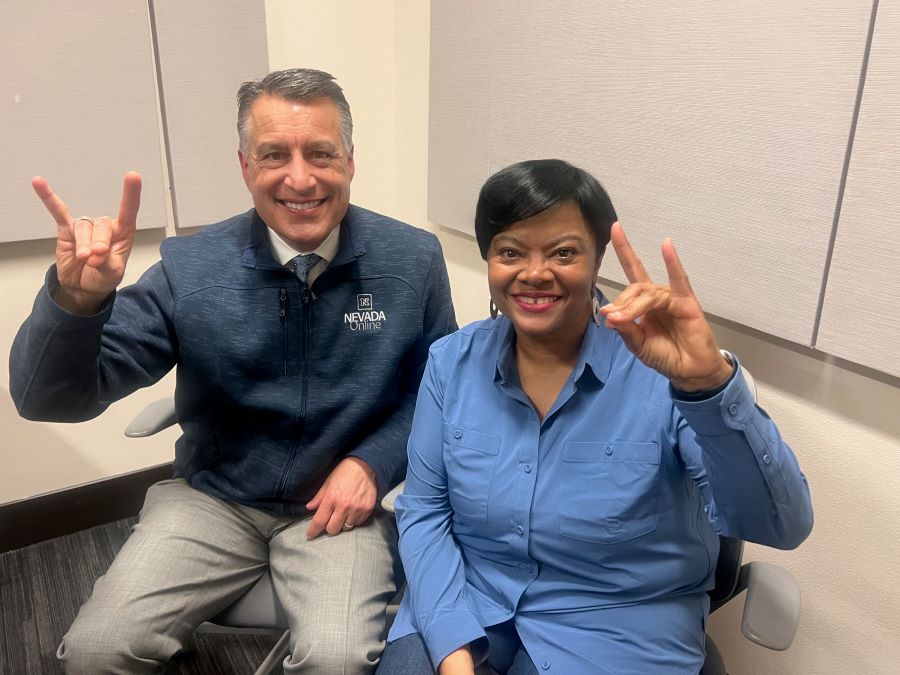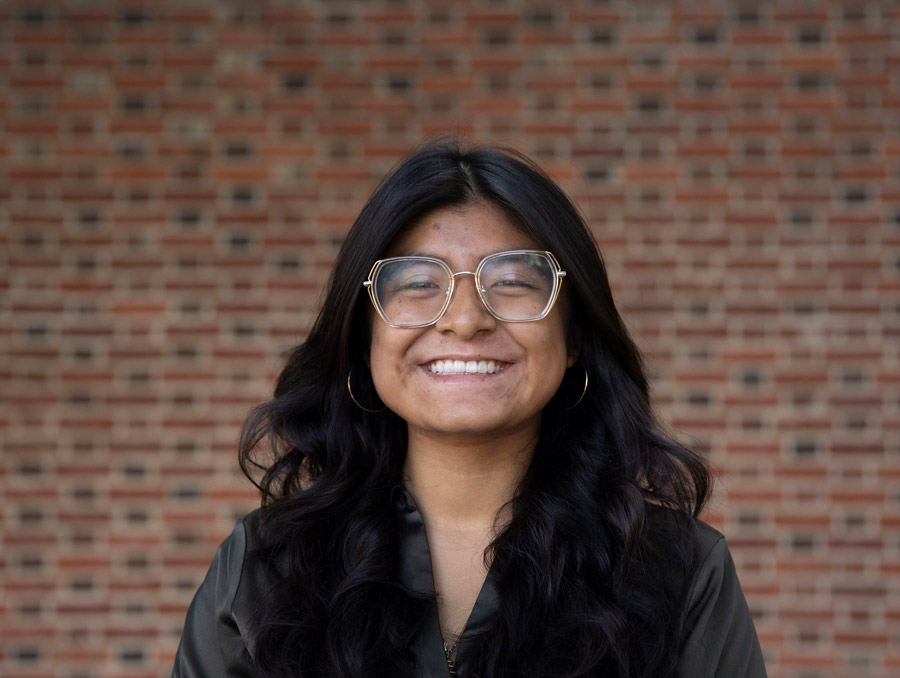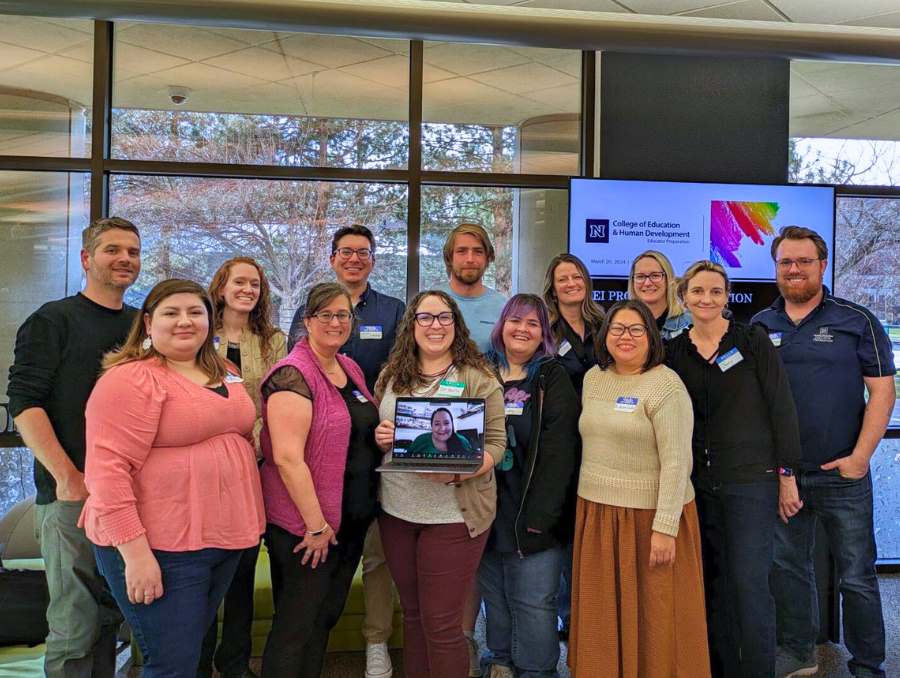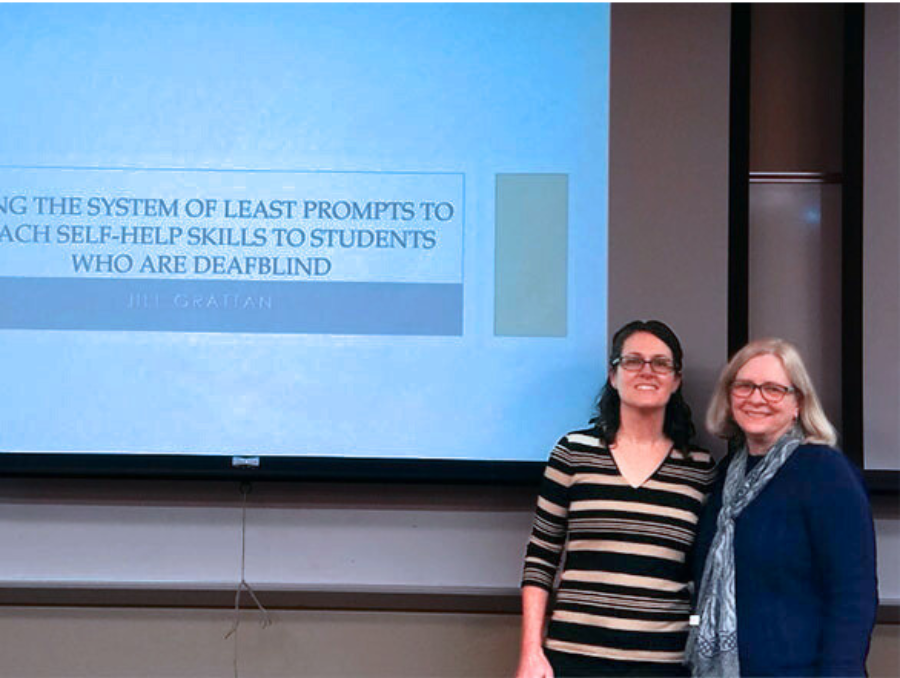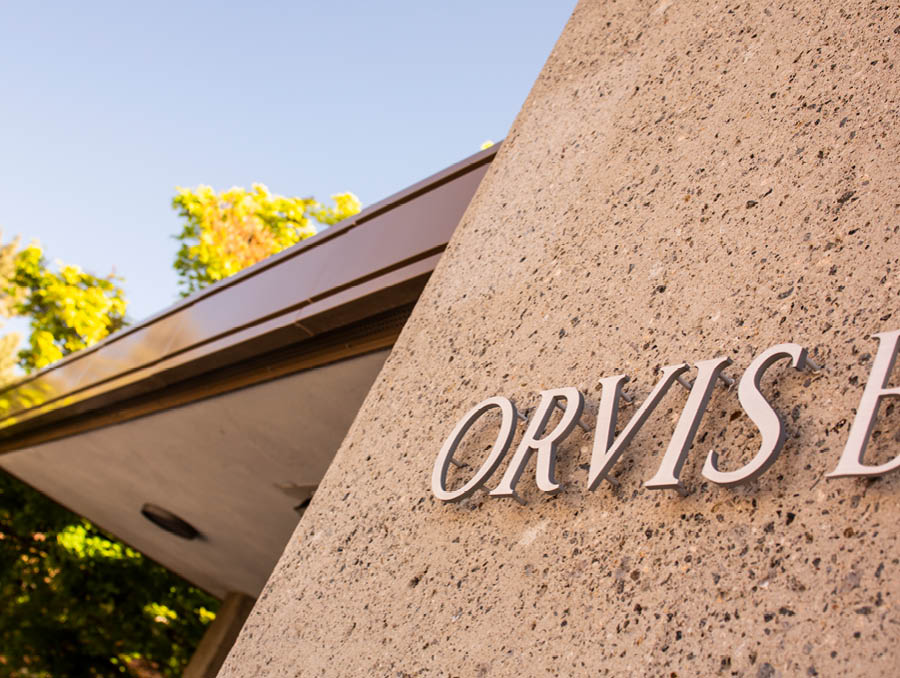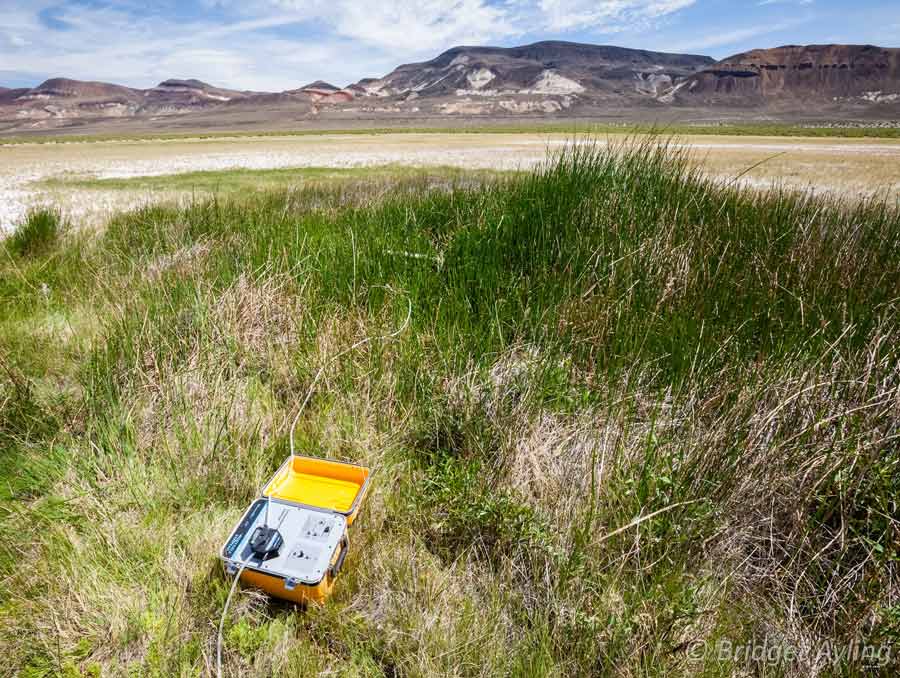The first of three finalists for the presidency of the University of Nevada, Reno, participated in several meetings and forums on Friday.
Marc Johnson, interim president of the University of Nevada, Reno, took part in eight different gatherings at various locations on campus, including a forum for administrative and academic faculty in the Joe Crowley Student Union's theater.
Johnson, who previously served as executive vice president and provost at the University, told those gathered as well as a statewide webcast audience that he was proud of the work that has been done in the wake of four years of state-mandated budget reductions.
"All of our performance metrics have gone up," he said, thanking the University for its effort. "We're doing some great things here because everyone has responded to tough times and is dedicated to what they do."
Johnson said one of his prime goals would be to "maintain a sustainable faculty." He explained that current and future faculty members should always feel that they are "associated with a university that can have an impact."
He said the University has many strengths, particularly across all three aspects of its land-grant mission. Johnson said that unlike other universities where he has worked during his nearly 40-year career in higher education, "This University is pretty unusual ... because we have a tremendous sense of balance across all of our missions of teaching, research and outreach. We have a broader mission than most universities, and we do it well."
Johnson said that through "incremental investment" the University can continue to grow its reputation and reach.
"As we grow back (from budget reductions), we're going to grow deeper in areas that we have retained," he said, noting that he has plans to centralize student retention services such as math, writing and tutoring in one location on campus, as well as targeting key statewide areas such as public health, and focusing outreach effort in Cooperative Extension, Extended Studies and the various colleges through an outreach taskforce.
He also stressed the value of connecting with the community, as well as local and statewide businesses for economic development.
"If we are going to collaborate with the community, it will take the collective of all of us to reach out to the community," he said.
When asked what he has learned over the past few years, a time that has been considered one of the most challenging in the University's 138-year history, Johnson said he has learned confidence, as well as the value of timely communication with all segments of the University.
"What I've learned is that this University's people can be really resilient if it's communicated to them why things are going on," he said.
He added, "I've learned confidence in working with the people around here. We're all in this boat together. I've been very proud to work here."
On Monday, the second presidential finalist, Steven R. Angle, provost of Wright State University in Dayton, Ohio, will follow the same schedule during his campus visit.
The third finalist, Rachel Toni Algaze Croson, division director of the Division of Social and Economic Sciences with the National Science Foundation's Social, Behavioral and Economic Sciences Directorate, visits campus on Tuesday.
Following the campus visits of the three finalists, the following search-related meetings will be held:
- April 18-19: Search Committee interviews and selects a final candidate to recommend to the full Board of Regents;
- April 20: Final candidate is recommended for consideration by the full Board of Regents.




